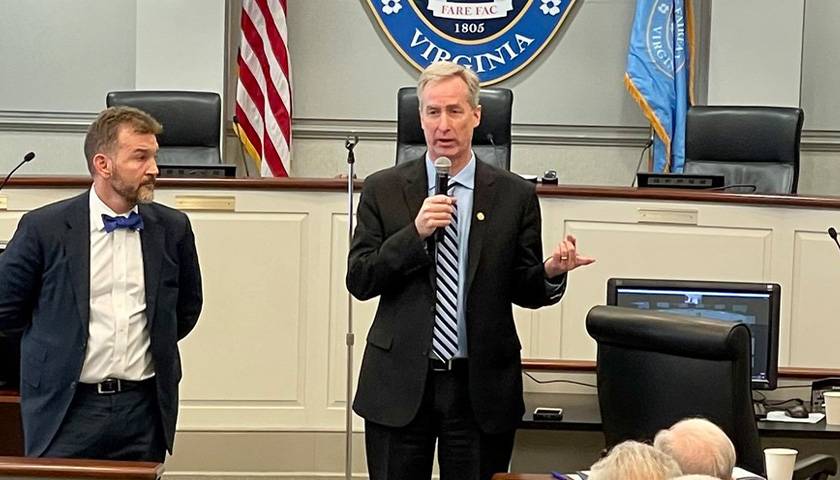by Madison Hirneisen
Virginia could soon clarify the process for tenants to terminate leases when moving into an apartment that does not meet certain habitability standards under a bill receiving bipartisan support by lawmakers in the General Assembly.
Lawmakers on a Senate committee voted 14-1 Wednesday to advance HB 1635, which allows a tenant to terminate a rental agreement within 7 days of moving into a unit if certain habitability standards are not met. The bill specifies a tenant can terminate the lease and receive a refund of their full security deposit and any rent paid if the condition of the unit “constitutes a fire hazard or serious threat to the life, health, or safety of tenants or occupants of the premise.”
The bill specifies that such conditions include a rodent infestation, lack of heat, lack of running hot and cold water, lack of adequate sewage disposal facilities or lack of electricity.

The measure contains a provision to allow landlords to argue the unit is indeed habitable, by allowing them to provide written notice of their refusal to accept the tenant’s termination of the rent agreement within 15 days. The tenant would then have the option to file an action in a court of competent jurisdiction to contest the landlord’s refusal to accept the lease termination.
The bill’s author, Del. David Bulova, D-Fairfax, said Wednesday that with greater numbers of individuals moving into apartments “sight unseen,” this bill provides an added layer of protection in case the unit is uninhabitable.
“If you get a rental unit, you’ve got a basic expectation that it’s going to meet habitability standards,” Bulova said, noting examples of tenants who have moved into an apartment before seeing it in person and being stuck with a unit that is uninhabitable.
Bulova told lawmakers that several stakeholder groups, including groups representing both tenants and landlords, came together to work on the bill.
Laura Dobbs, a housing advocacy attorney with the Virginia Poverty Law Center, told The Center Square Wednesday that the bill will ensure tenants are paying for what they thought they agreed to when they signed their lease.
“Just like we have other consumer protections – such as if you buy a car and you’re driving it and it breaks down, you have the option to take it back to the dealer – the same should be true for retinal units, especially because it’s where you’re supposed to lay your head every night,” Dobbs said.
HB 1635 has already been passed by the House of Delegates. It is slated to be heard next on the Senate floor.
– – –
Madison Hirneisen is a staff reporter covering Virginia and Maryland for The Center Square. Madison previously covered California for The Center Square out of Los Angeles, but recently relocated to the DC area. Her reporting has appeared in several community newspapers and The Washington Times.
Photo “Moving Day” by Ketut Subiyanto.




